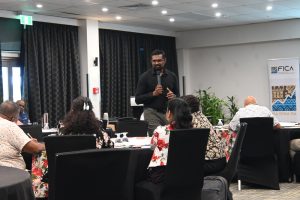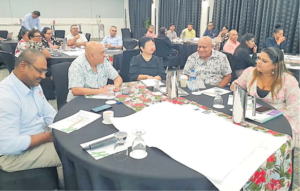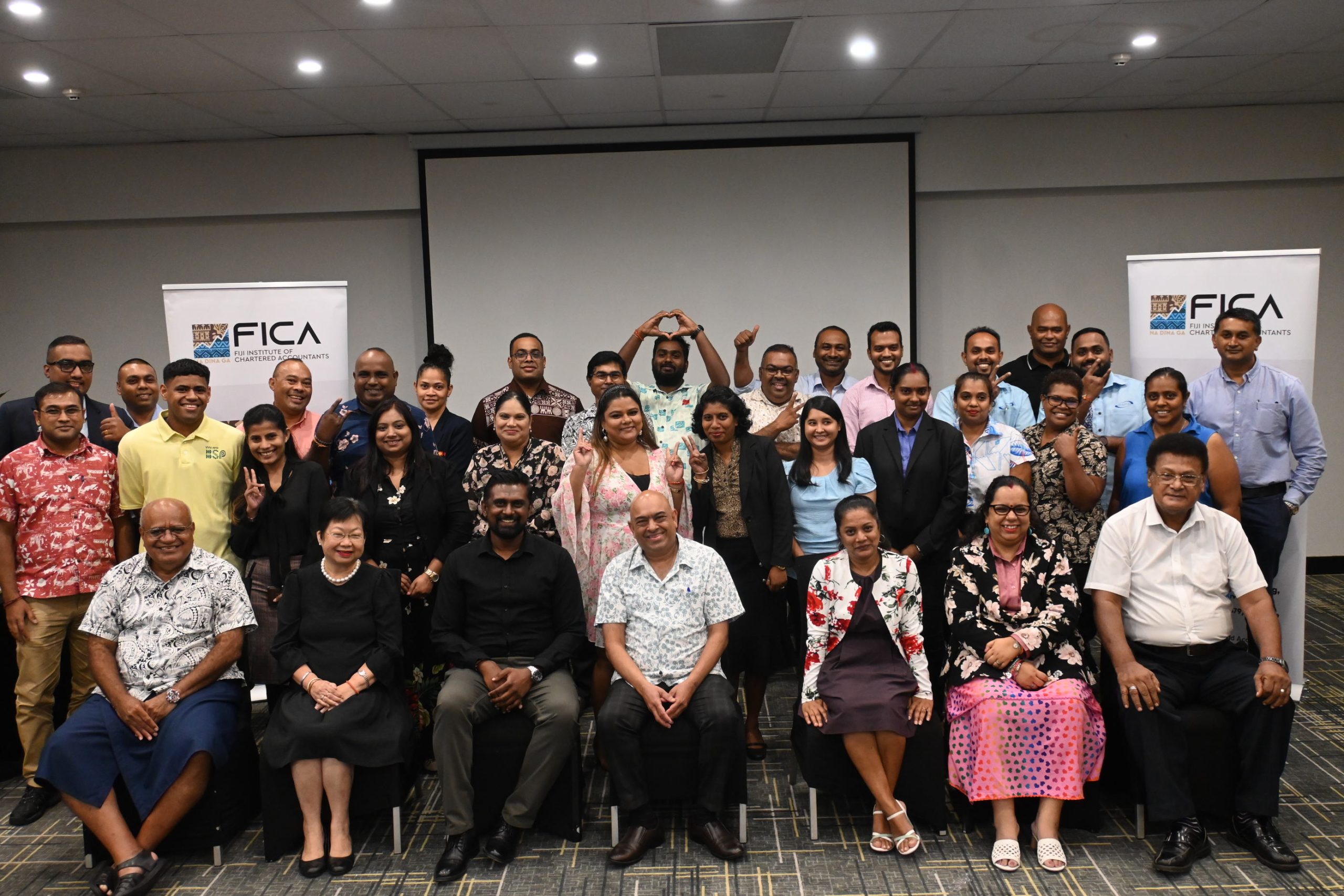KNOWLEDGE gaps and the lack of support mechanisms are slowing Fijian businesses’ drive towards sustainability, New Zealand-based consultancy firm Pri-Plan Limited director Mitesh Mudaliar said.
In an interview with this newspaper following a Fiji Institute of Chartered Accountant (FICA) sustainability workshop on Tuesday in Suva, in which he was the resource personel, Mr Mudaliar said Fijian businesses had a genuine interest and drive to go sustainable.
“I think the problem is in terms of knowledge gaps and the support mechanisms enabling businesses to go sustainable.
“I’m talking about things like resources, advisors, experts that can help businesses quantify emissions for example, or help businesses put in place a meaningful sustainability strategy with meaningful goals, measurable targets, effective indicators, and a process for measuring all of those and then start reporting programs,” Mr Mudaliar said.
He said the lack of capacity and capability were where businesses were struggling to make the sustainability transition in their businesses.
“In terms of the intent and the drive for sustainability, I think businesses in Fiji are doing very well in that space.”
During the training session, participants raised concerns on how some businesses have already taken steps towards sustainability but then later had to move back because of internal issues that affected company productivity.
Mr Mudaliar said companies moving back to its default position from being sustainable can be a result of the lack of consultation within the company itself.
“I think, from an organisational perspective, we can’t always have a perfect transition, but you can have a really good transition.
“And by that, I mean with your policies and strategies and the change that’s bringing about in an organisation, you need to go and consult with different stakeholders that have an interest in that change, alongside other businesses.
“I think a lot of businesses fall in the space of not putting enough time aside into doing that consultation, and what you find is that a change has been implemented, but stakeholders end up struggling to accept the change, and eventually what happens is there’s a lot of resistance to that change, and organisations often had to go back to what was the default position.” he said.
He said consultation ought to be carried out over time until it gets the interests from stakeholders.
“Once a business understands the interest, the needs and the expectations of each of the different stakeholders, only then they have the right knowledge to put together robust sustainability strategy.
“And then once they roll that out, they will find a lot of buy in from the stakeholders, because they have been consulted, and they can see that their views and their needs and expectations have been integrated into that strategy,” Mr Mudaliar said.
He cautioned that currently, Fijian businesses lack legislation to drive sustainability in the country.
“At this point in time, businesses in Fiji don’t have that push towards sustainability, and that’s because a lack of enforcement of legislation, or lack of legislation to start with.
“Now, with the introduction of the Fiji Climate Change Act, the enforcement of the regulation of that act is going to force a lot of businesses and organisation to transition to sustainability, and that change is going to happen quite soon.
“I think now is the right time for businesses to start investing in at least thinking about sustainability and putting in place a framework already to be able to comply with the legislation that comes into place.
“And there are things like climate risk reporting, climate related financial disclosures, emissions reporting, all of these things need the infrastructure to be embedded now for them to start reporting, say, in two years’ time.
“A business needs at least two to three years to really embed these systems in place to be able to comply with legislation.
“So, the work really needs to start now,” he said.

point at the FICA sustainability workshop in Suva. Picture: FICA

Note: This article was first published on the print version of the Fiji Times dated May 3, 2025



